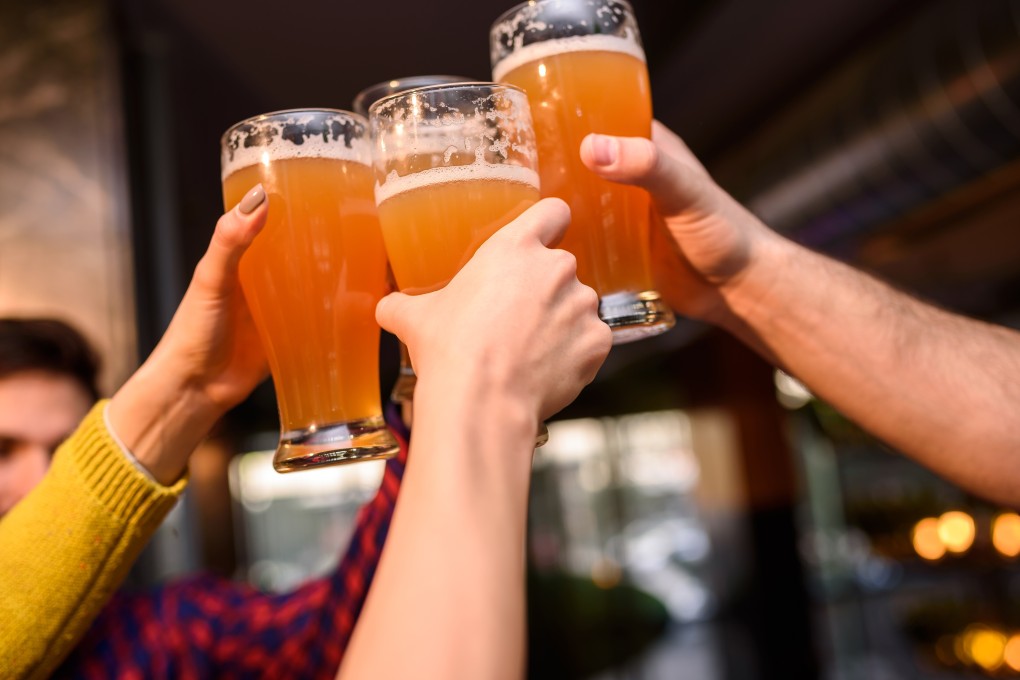Letters | To teach Hong Kong youth about the risks of drinking, start with the mind
- Just offering lessons on the negative effects of alcohol use is neither sufficient nor effective, as effective education starts with reducing stigma around drinking
- Alcohol abuse prevention must include mental health education, including helping young people develop healthy strategies for coping with stress and supporting their peers

Patrick, now 22, had his first alcoholic beverage when he was just 14. Self-described as short in stature and shy, Patrick wondered why his peers seemed to be so much smarter, more confident and better-looking than he was and felt an overwhelming sense of aimlessness about his future.
In our conversations with young people, it’s clear that while they are intellectually aware of the risks associated with alcohol use: drinking has become normalised in our culture and many feel the risks don’t apply to them personally. Many, like Patrick, see few alternatives to drinking.
This World No Alcohol Day, on October 2, it’s time we took a different approach to alcohol education. Simply offering textbook lessons about the negative effects of alcohol use are neither sufficient nor effective. Effective education starts with reducing stigma around alcohol use.
Self-medicating with alcohol can lead to dependency ... creating more complex mental health problems down the road